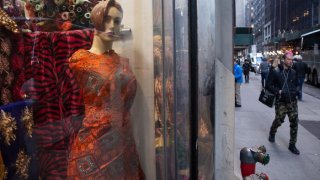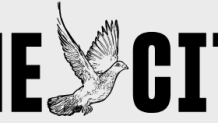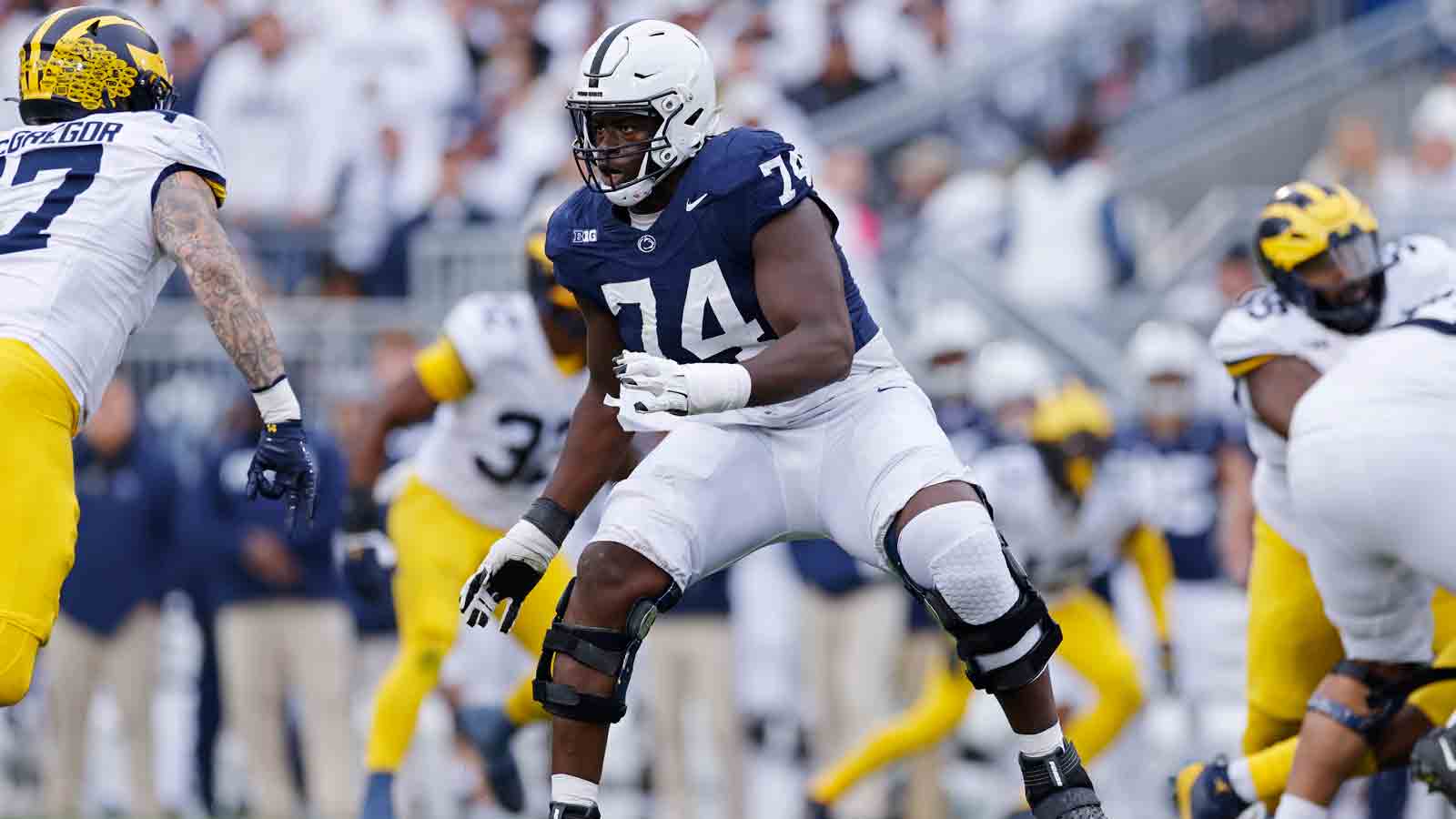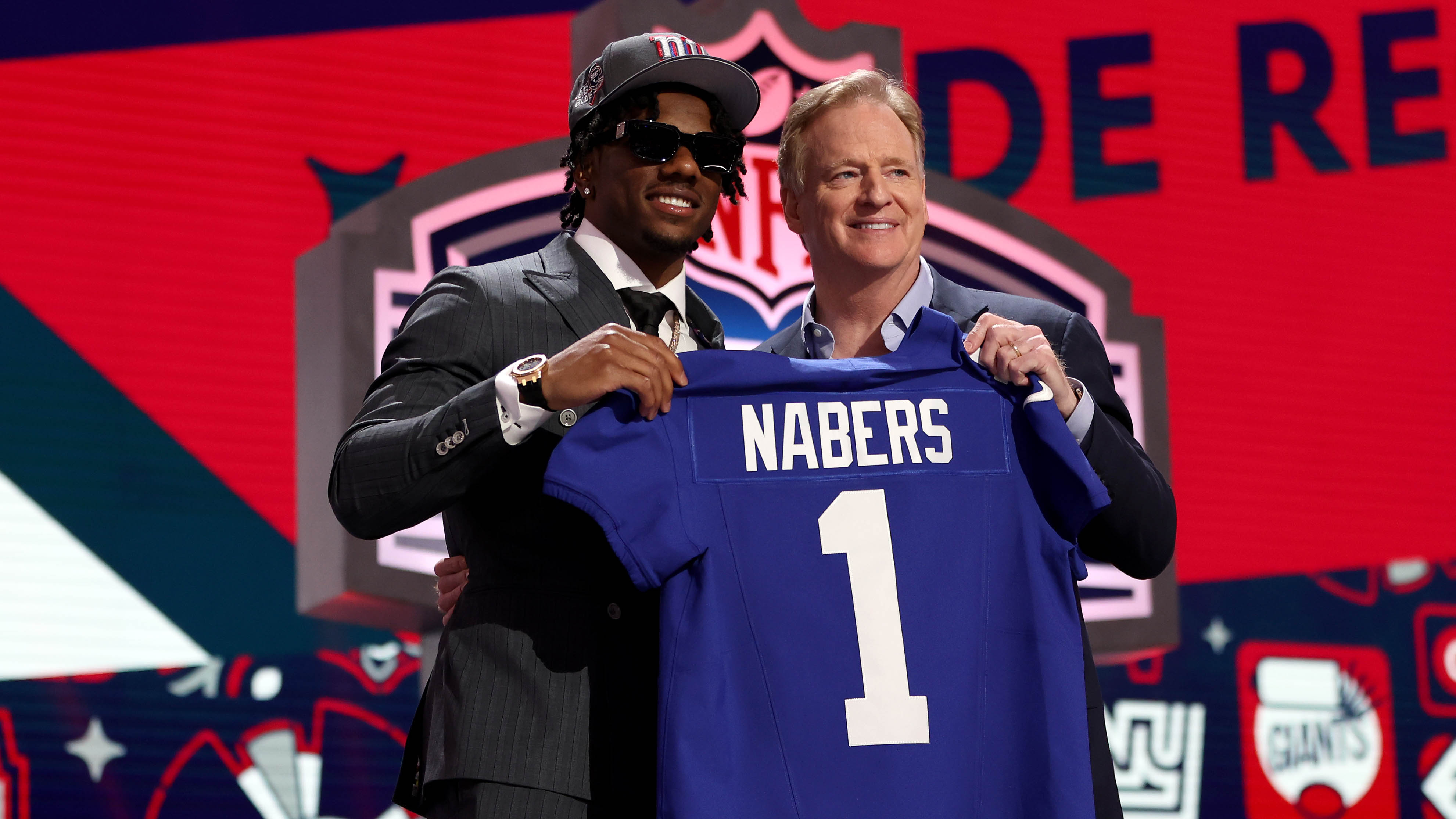

This story was originally published on March 2, 2020 by THE CITY.
The local economic impact of coronavirus is stretching beyond Wall Street: City clothing retailers say they are already feeling the side effects.
“I’ve had to turn down business or tell clients I’m not sure when I can deliver their order,” said Stuart Smith, 50, a custom tailor from Riverdale whose suits range in price from $695 to $10,000. “Business is down about 12%. We’re talking thousands of dollars. I’m a one-man show, so I’m feeling it.”
Smith’s plight is shared by small apparel shops throughout the city that depend on Chinese textile factories temporarily shuttered by the ongoing coronavirus outbreak, said Edward Hertzman, founder and president of the fashion trade publication Sourcing Journal.
“It’s going to affect the mom and pops that are relying on wholesalers getting seasonal products into the country from China,” Hertzman said. “If I am a brand, and I’m prioritizing my list of retailers, I’m going to go down the list starting with the larger retailers. Some of the mom and pops may get left out.”
‘Please Be Patient’
Local
Smith’s made-to-order clothing factory in Qingdao, China, about 685 miles from the epidemic’s epicenter in Wuhan, already had been closed for a two-week Lunar New Year holiday when the outbreak hit last month. It remained on lockdown for an additional three weeks.
“Things were in the pipeline and delayed, and so I had to turn down weddings because I didn’t know when we’d be back,” Smith said. “The factory is now reopened, but they’re only allowing the locals back to work.”
Migrant workers and those who had returned home for the holidays have not been able to return to work, Smith added.
“I communicate with the factory on WhatsApp,” Smith said. “I can tell by the tone of their emails and texts that they’re worried, but they just say, ‘We’re doing our best, please be patient.’”
Particularly worrisome, Smith said, is a shortage of viscose and polyester materials in funky prints that he uses to create custom linings for suits or sports jackets.
“Clients love these very crazy themed linings, with little wine corks or maybe martini glasses,” Smith said. “It’s very frustrating not to know whether those are back in stock or not. If I can’t tell clients exactly when I can deliver, it doesn’t make me look good. Nobody wants to look bad in front of a client.”
‘Passover’s Coming’
Smith said he hoped things returned to normal before his springtime rush.
“I’m a Jewish guy and Passover’s coming,” he said. “My clients want to know if I can deliver for the holiday.”
Hertzman said that textile factories are starting to reopen. “But the issue is how quickly can they ramp up to full capacity,” he noted. “Plus, there are not a lot of vessels leaving those ports, and once they start, there may be huge bottlenecks and delays.”
Some businesses, like the Gifts & Luggage t-shirt and souvenir shop in Midtown, stress that they have been spared coronavirus supply problems because they don’t use Chinese factories.
“We get our products from Bangladesh,” said manager Mohammed Khan, 38, who has worked at the store for nearly a decade. “Things are slow, but it’s more because of the weather and people aren’t traveling so much. It’s not from the virus.”
But Hertzman pointed out that international apparel supply sources, including Bangladesh, Vietnam and Lesotho, “get 90% of their fabric and trim from China, so they’ll eventually start feeling the impact, too.”
Retail’s Positive Prognosis
Despite uncertainty from the virus, as well as the ongoing tariff war and presidential race, the National Retail Federation this week forecasted that retail sales would increase between 3.5% and 4.1% to more than $3.9 trillion this year.
“There are always wild cards we cannot control like coronavirus and a politically charged election year,” NRF President and CEO Matthew Shay said in a statement. “But when it comes to the fundamentals, our economy is sound and consumers continue to lead the way.”
Told of the federation’s forecast, Smith replied, “From your lips to God’s ears.”
Hertzman called the rosy outlook a bit premature.
“The situation is very fluid,” he said. “Plus, we have to consider the psychological factor of fear. If people start saying, ‘I don’t want to go to the shopping mall,’ that can create a downturn or a recession. It’s a dangerous recipe for disaster.”
Khan remained optimistic.
“Business will pick up, but not because of this guy,” he said, pointing to a column of red Make America Great Again hats stacked behind him.
“But because of…” he added, pressing his hands together in prayer and pointing skyward.
This story was originally published by THE CITY, an independent, nonprofit news organization dedicated to hard-hitting reporting that serves the people of New York.



